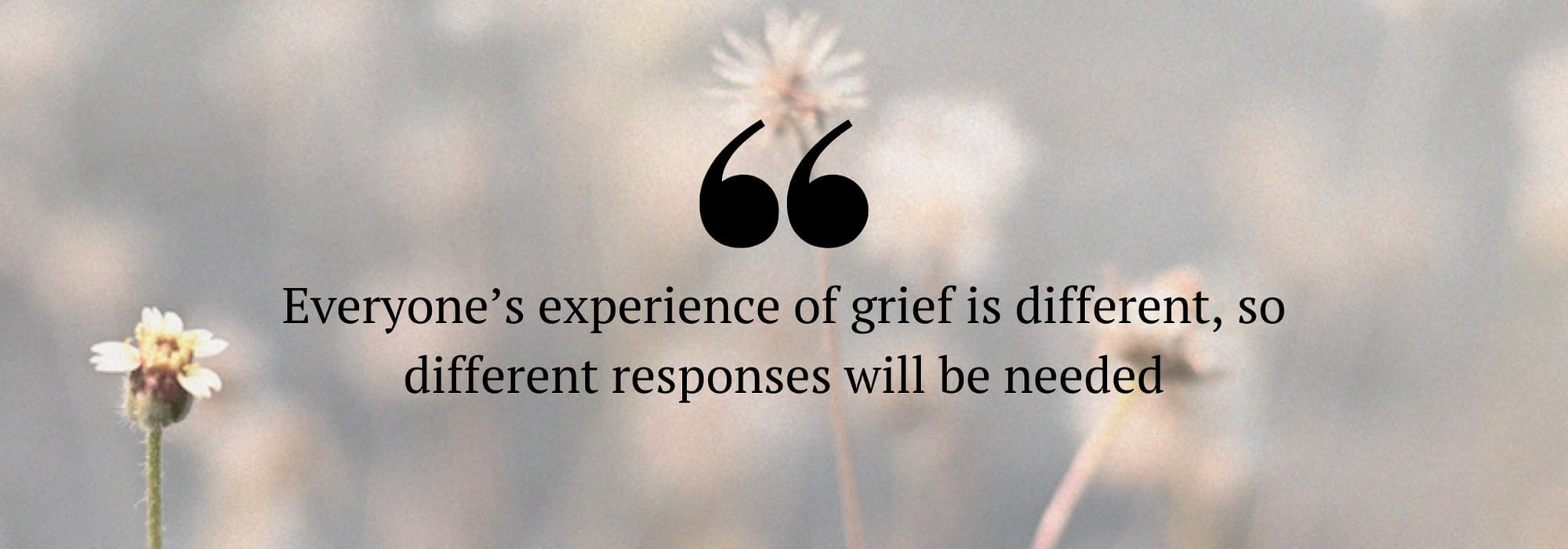With one in 250 births in the UK being stillbirths, taking time to truly understand and support those going through this bereavement is vital. Jenna Farmer talks to the experts about why we need to start the conversation, and what support is out there for those who really need it
For many parents, the final trimester of pregnancy is the most exciting. But, tragically, experiencing a stillbirth is a devastating reality for others.
When a baby dies after 24 weeks of pregnancy, either before they are born or during labour itself, this is called a ‘stillbirth’. There are many reasons why this could occur – including placenta factors, and ascending infection – but, as reported by a study in Ultrasound in Obstetrics & Gynecology, in 60% of cases there’s no explanation.
“Currently in the UK, 13 families a day suffer the heartbreak of losing their baby before, during or shortly after birth. These numbers are shocking and show the scale of the problem – this affects far more people than you might have realised,” says Rowena Pailing, head of bereavement support services for charity Sands.
The impact of stillbirths on families and those around them is devastating, and can lead to a huge array of emotions as they try to process their unthinkable grief.
“People are likely to experience a confusing and overwhelming rollercoaster of emotions with stillbirth,” psychotherapist Laura Duester explains. “There is a huge sense of sadness, grief, and emotional pain for both the baby that has been lost, and the future that was imagined with the baby. There may also be anger and despair about the unfairness of stillbirth, as well as resentment and jealousy towards other people who have healthy babies. Many parents often feel a sense of guilt or failure, blaming themselves or their bodies for what has happened, especially if the cause of the stillbirth is unknown.”
Understandably, the impact stillbirths have on the mental health of parents who have been through this is huge, with a 2021 study in BMC Pregnancy and Childbirth noting that they have a “considerably higher risk of reporting symptoms of depression, anxiety, and PTSD” compared with other parents.
Why we need to talk about stillbirth and baby loss
What can worsen this is fear about how to talk about stillbirth. Bereaved parents may not know how to talk about it, or who they should talk to, but at the same time, desperately want to tell others about their much-loved baby. One study around baby loss in BMC Women’s Health found there was a vast silence around the topic, and loneliness, because others didn’t feel comfortable talking about it. This can be complicated further for parents who’ve experienced stillbirth, if their friends have or are expecting children.
“Some people may be fearful of their emotions, feeling like they’re going to ‘ruin’ things for other people (such as pregnant women or parents of young children), or worry that they’ll be completely overwhelmed and unable to cope with their grief,” says Laura.
But, as we know, when it comes to our mental health, it is so important to talk. The problem is, those who want to support us don’t always know how to best respond.
“Stillbirth is such a tragic occurrence that it can leave people feeling unsure how to respond, particularly as it’s often unexpected, and may follow a lot of excitement and baby planning,” Laura says. “People often fear saying the ‘wrong’ thing and upsetting the parents, or don’t know how to provide appropriate support.”

How to support recently bereaved parents.
Silence isn’t the answer, and can intensify the loneliness parents are already feeling. Research published in the Journal of Family Nursing interviewed parents who had experienced the death of a baby, and found that some felt abandoned, with family and friends avoiding them or suddenly going silent when they entered the room – despite the fact that many want their loss ‘validated’, and to talk about their experience. So, what is the ‘right’ thing to say?
In truth, there’s no one-size-fits-all answer, so ask them. “Offer a listening ear, and give whatever help or support the person wants,” Laura advises. “Everyone’s experience of grief is different, so different responses will be needed – just ask the person how you can help. They may appreciate assistance with household tasks, such as cooking or cleaning, or might want to share memories and details of the baby.”
However, one thing not to do is to offer unsolicited advice – even if you’re doing so with the very best of intentions.
“It’s really important to give people the opportunity to share and express their feelings, but try not to offer advice about what’s best. Sometimes people think they’re being helpful by encouraging parents to get ‘back to normal’ by returning to work, or putting away baby items, but these are very personal decisions that can’t be rushed,” Laura explains. “Trying to be positive, by saying ‘you can have another baby’, is also often unhelpful, as it undermines and dismisses the person’s grief for the child that has just been lost.”
“You may want to ask if they gave their baby a name,” Rowena adds. “Many parents will do this – some will have thought of a name from the moment they knew they were pregnant – so this applies to people who have experienced miscarriage, too.”
Where to find support if you’ve experienced baby loss or stillbirth
If you’ve experienced stillbirth, there is help out there.
Bereavement support: You should be offered support in hospital to help with your bereavement. “Your midwife should be able to answer your questions, discuss what emotional support is available to you, and also help with collecting memories of your baby (such as photos or handprints),” says psychotherapist Laura Duester.
Support groups: Local and online support groups are available to talk to others in the same boat. Visit sands.org.uk for more information on their online community, or call their free helpline on 0808 164 3332.
Talking therapies: “You may want to speak to your GP, or arrange therapy with a counsellor/psychotherapist, especially if your grief feels overwhelming, or doesn’t seem to be improving after a few months,” says Laura.
The charity Sands supports anyone affected by pregnancy loss or the death of a baby. Sands’ free helpline is available on 0808 164 3332 10am to 3pm Monday to Friday, and 6–9pm Tuesday,Wednesday, and Thursday evenings. You can also email helpline@sands.org.uk. Find out more at sands.org.uk/support.


Comments